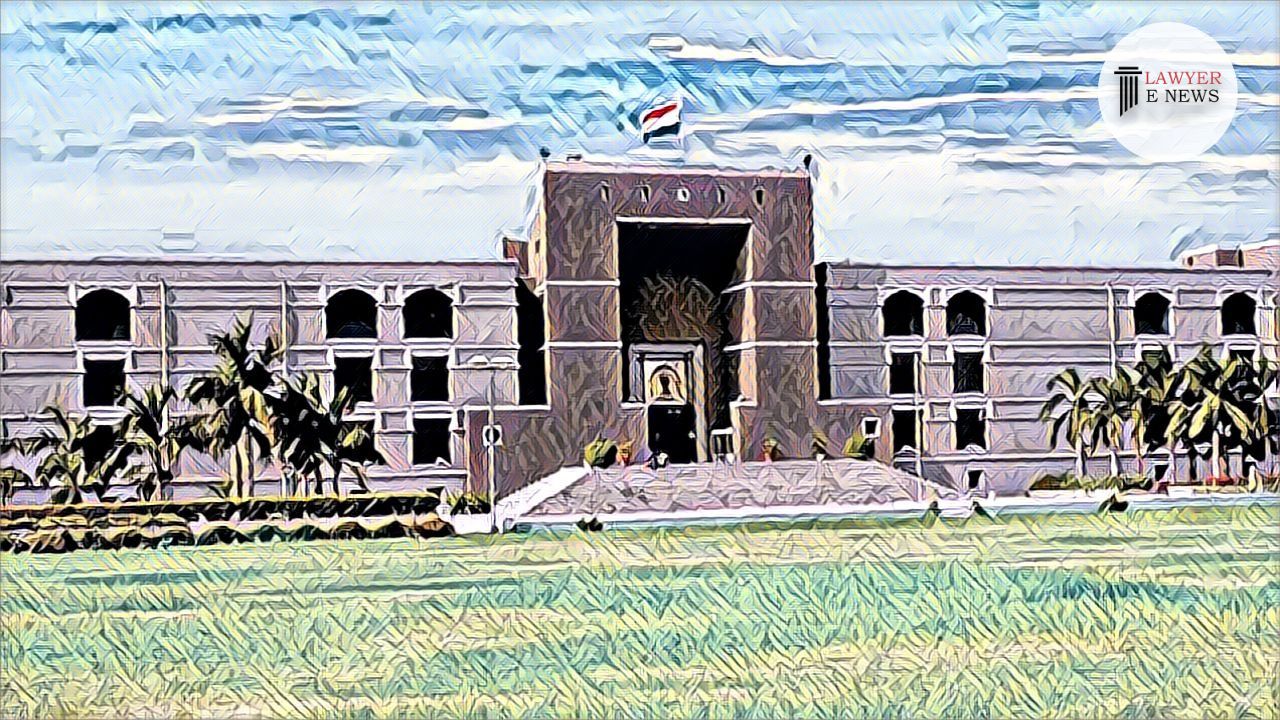-
by Admin
15 February 2026 5:35 AM



The Gujarat High Court has upheld the acquittal of XXX and others in a high-profile robbery and assault case, citing significant procedural lapses and insufficient evidence presented by the prosecution. The judgment, delivered by a bench comprising Justices Nirzar S. Desai and Hasmukh D. Suthar, reinforces the principle of presumption of innocence and the necessity for the prosecution to prove guilt beyond reasonable doubt.
Court Observations and Views:
Reliability of Test Identification Parade (TIP):
The court scrutinized the reliability of the TIP conducted eight months after the incident, during which the accused’s photographs were published in newspapers. "The TIP was compromised due to prior exposure of the accused’s photographs, which undermines its credibility," the bench noted. The procedural lapses in the TIP were significant enough to dismiss its value as evidence.
Justice Desai observed, "The TIP conducted after such a prolonged delay and subsequent media exposure does not inspire confidence and cannot be relied upon as substantive evidence."
Recovery of Stolen Property:
The prosecution's claim of recovering stolen goods in a melted form was also critically evaluated. The court found the identification of these goods impossible, further weakened by the fact that key panch witnesses had turned hostile and proper procedures under Section 27 of the Indian Evidence Act were not followed.
Legal Reasoning:
The judgment emphasized the importance of adhering to the principles of criminal jurisprudence, particularly the presumption of innocence. The court stated, "The prosecution must prove the case beyond all reasonable doubt. In the absence of credible evidence, the benefit of the doubt must go to the accused."
Quotes from the Judgment:
"The presumption of innocence is not weakened by the fact that the trial court has acquitted the accused. This principle is fundamental to our criminal justice system," remarked Justice Suthar.
Conclusion:
The Gujarat High Court's decision to uphold the trial court's acquittal of the accused underscores the critical importance of procedural integrity and compelling evidence in criminal trials. This judgment highlights the judiciary's commitment to safeguarding the rights of the accused and ensuring that convictions are based on solid, reliable evidence. The case sets a significant precedent for future criminal trials, particularly concerning the reliability of identification procedures and the necessity of adhering to legal protocols.
Date of Decision: 22nd May 2024
State of Gujarat v. XXX
